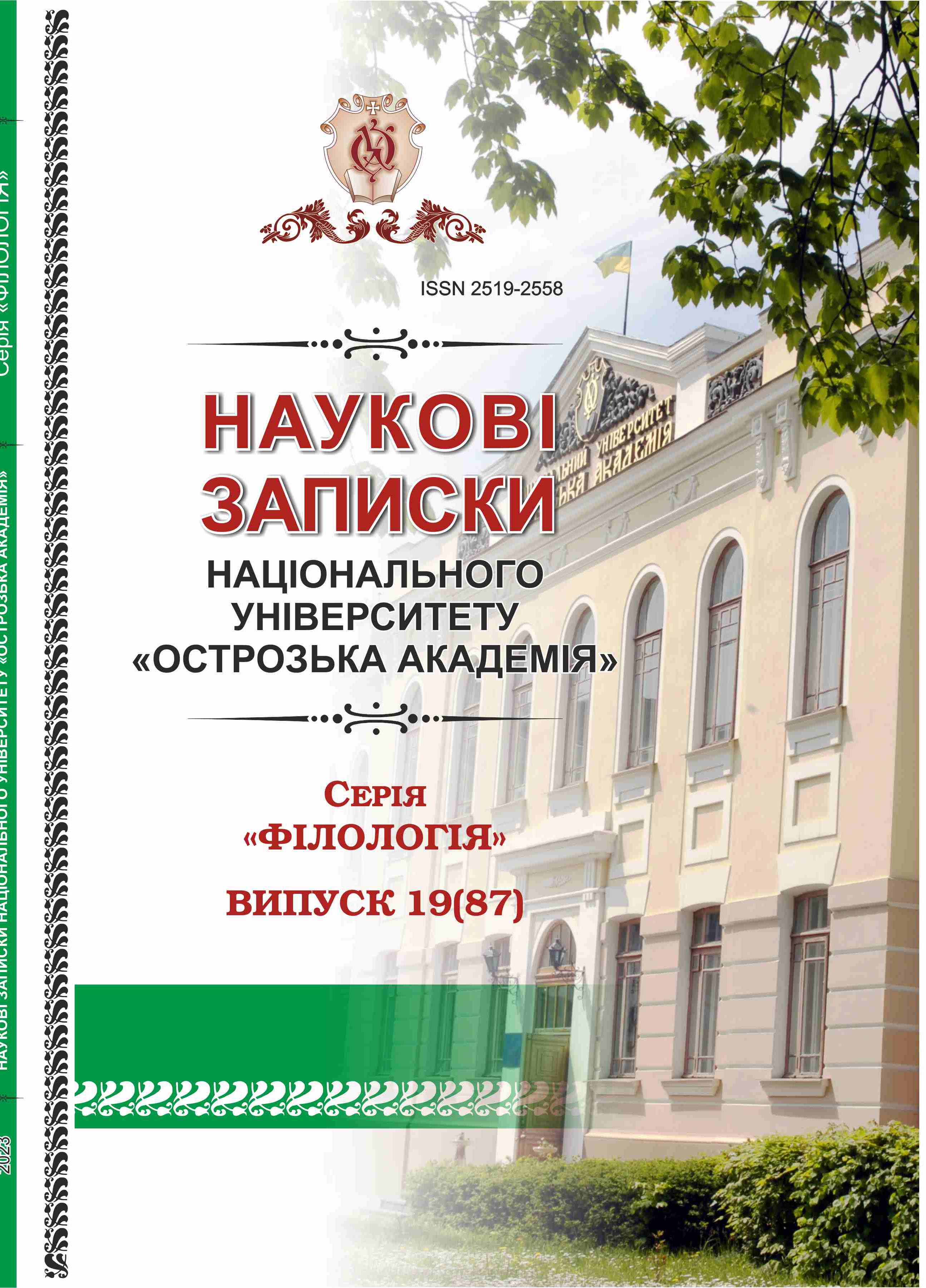LEXICO-GRAMMATICAL AND PROSODIC VARIABILITY OF PROHIBITION UTTERED BY THE SPEAKERS OF DIFFERENT SOCIO-CULTURAL GROUPS
Keywords:
prohibition utterance, lexico-grammatical devices, prosodic means, socio-cultural groups, pragmatic aim, interactionAbstract
The article is a complex study of lingual and prosodic means’ interplay taking part in expressing prohibition by the speakers of different socio-cultural statuses. Using the method of linguistic interpretation of the auditory analysis, the author comes up with the system of language means of all levels that serve to create a prohibitive effect on the listener. In order to trace the lingual variability of utterances under study, they are classified according to the speaker’s and interlocutor’s social statuses (high, mid, low), gender (male, female), communicative situation (formal, informal), and the form of prohibition oral actualisation (explicit or implicit). At the stage of auditory analysis, the author singled out prevailing features of lexico-grammatical and prosodic interplay typical of English utterances of prohibition that serves to convey a definite pragmatic orientation (prohibition proper, warning, mocking, or advice), all aimed at drawing listeners’ attention and preventing them from doing some sort of action. It is also defined that the involved means (lexico-grammatical and prosodic) realising the act of prohibition, regardless of their explicit or implicit nature, might be characterised by unidirectional functioning that forces the hearer to obey and stop doing the action that does not satisfy or irritates the speaker. The author concludes that the speakers of a high socio-cultural level, as compared to those of a mid one, based on their personal communicative experience, resort to a diverse repertoire of language means that in a more polite manner intensify the communicative-and-pragmatic effect on the recipient.

